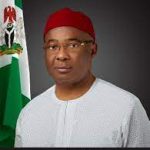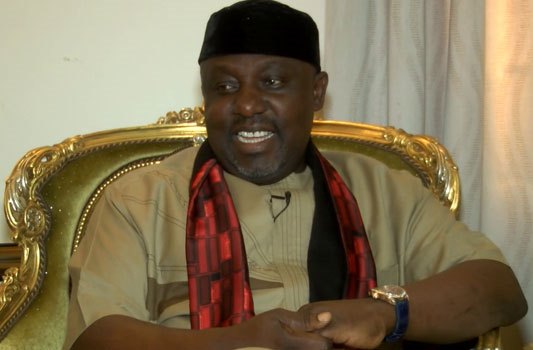A constitutional amendment bill seeking to raise the educational requirements and adjust the age criteria for Nigeria’s highest political offices passed its second reading in the House of Representatives recently.
Sponsored by Hon. Ikenga Imo Ugochinyere Ikeagwuonu, the bill proposes raising the minimum educational requirement for presidential and gubernatorial candidates from a secondary school certificate to a university degree. It also introduces an upper age limit of 60 years for aspirants, aiming to foster youthful participation and align Nigeria’s leadership qualifications with global benchmarks.
During the plenary session, Ugochinyere argued that Sections 131(d) and 177(d) of the 1999 Constitution, which currently mandate only a secondary education or equivalent for presidents and governors, are outdated. “The challenges of 21st-century governance demand leaders equipped with advanced intellectual capacity to navigate complex economic, technological, and geopolitical landscapes,” he stated.
Citing examples from the U.S., U.K., and Germany – where leaders typically hold university degrees – Ugochinyere emphasized that Nigeria risks falling behind without comparable standards.
He also highlighted judicial precedents, including Awolowo v. Shagari (1979) and PDP v. INEC (2015), to underscore the need for constitutional clarity.
The bill’s age ceiling of 60 years aims to promote intergenerational equity and innovation. “Younger leaders like Macron, Trudeau, and Marin have driven transformative policies abroad.
Nigeria’s youth, who form over 60% of our population, deserve similar opportunities”, Ugochinyere asserted.
He linked youthful leadership to energy, adaptability, and tech-savviness, critical for addressing issues like unemployment and digital transformation.
While the bill has garnered bipartisan praise for its focus on competency, some lawmakers caution against potential elitism. Nevertheless, proponents argue that it prioritizes inclusion by ensuring leaders are “adequately prepared,” not excluding aspirants.
The bill, which aligns with the National Assembly’s constitutional mandate under Section 4 to enact laws for “peace, order, and good governance,” will proceed to committee stage for further scrutiny. If ratified, it would mark one of Nigeria’s most significant electoral reforms in decades.
In his parting shot, Ugochinyere urged his colleagues to “prioritize Nigeria’s future,” framing the bill as a step toward “a more credible, dynamic, and globally competitive leadership.”








